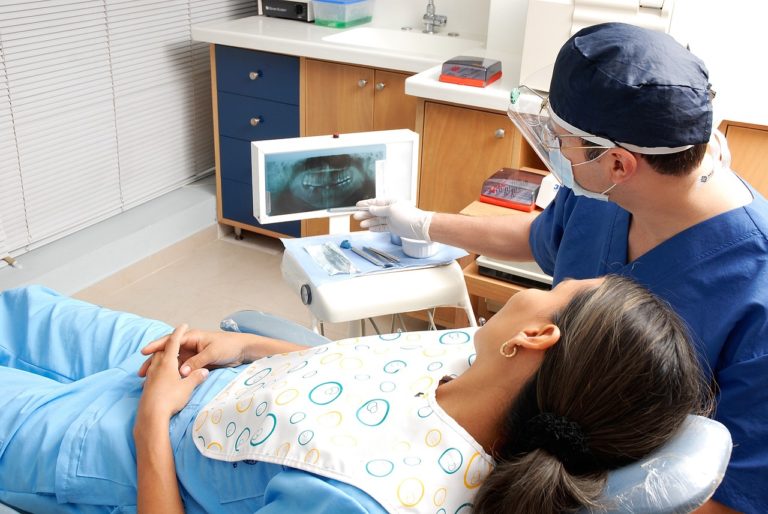Book Appointment Now

Best Practices for Surgical Site Infection Prevention
In the realm of perioperative nursing, one of the most critical responsibilities is preventing surgical site infections (SSIs). These infections can significantly impact patient outcomes, leading to prolonged hospital stays, increased healthcare costs, and, in severe cases, life-threatening complications. Understanding and implementing effective surgical site infection prevention strategies is essential for nurses working in the perioperative environment. In this article, we will explore the role of nurses in preventing SSIs, the risks involved, and evidence-based interventions that can reduce infection rates.
Get a custom nursing essay with your surgical site infection prevention mechanisms assignment? ![]()
The Role of Perioperative Nursing in Surgical Site Infection Prevention
Perioperative nurses play a pivotal role in maintaining sterile environments and implementing infection control protocols that prevent SSIs. They are responsible for ensuring adherence to sterile techniques, monitoring for breaks in protocol, and educating patients on postoperative care.
Key Responsibilities:
- Maintaining a sterile field during surgery
- Ensuring proper hand hygiene
- Educating patients about preoperative skin preparation and wound care
- Monitoring for any signs of infection in the postoperative period
Nurses must stay current with the latest SSI prevention guidelines and practices to ensure optimal patient outcomes.
Risk Factors for Surgical Site Infections
Surgical site infections can arise due to various risk factors, some of which are modifiable, while others are not. Identifying these risks early can help perioperative nurses take proactive steps to reduce the chances of infection.
Common Risk Factors:
- Preoperative factors: Poor nutrition, diabetes, obesity, and smoking can increase the risk of SSIs.
- Intraoperative factors: Length of the surgery, type of procedure, and breaches in sterile technique.
- Postoperative factors: Poor wound care, improper hygiene, or failure to follow discharge instructions.
By addressing modifiable risks such as diabetes management and patient education, perioperative nurses can significantly reduce the incidence of SSIs.
Preoperative Infection Prevention Strategies
One of the most crucial times for infection prevention is the preoperative period. During this phase, nurses must assess patient risk factors and take steps to mitigate them.
Effective Preoperative Strategies Include:
- Proper skin antisepsis: Using antiseptic agents like chlorhexidine to cleanse the surgical area.
- Hair removal: If needed, using clippers instead of razors to reduce skin trauma.
- Antibiotic prophylaxis: Administering antibiotics within the recommended time before incision.
These strategies, when applied consistently, have been proven to decrease the likelihood of SSIs.
Intraoperative Nursing Interventions to Prevent SSIs
In the operating room, strict adherence to sterile technique and infection control protocols is essential. Perioperative nurses are instrumental in ensuring these practices are maintained.
Key Intraoperative Interventions:
- Sterile Draping: Ensuring the surgical site is fully protected by sterile drapes.
- Surgical Hand Antisepsis: Performing thorough hand scrubbing or using alcohol-based hand rubs.
- Instrument Sterility: Verifying the sterilization of surgical instruments and supplies.
These measures are designed to limit the introduction of pathogens during surgery, which is vital for reducing surgical site infections.
Postoperative Care and Nursing Interventions
After surgery, the role of the nurse shifts towards postoperative care, where monitoring for signs of infection becomes critical.
Postoperative Nursing Care to Prevent SSIs:
- Monitoring for signs of infection: Nurses must assess the surgical site for redness, swelling, warmth, or drainage.
- Educating the patient: Providing instructions on wound care, signs of infection, and when to seek medical attention.
- Maintaining hygiene: Ensuring patients follow proper hygiene practices to prevent contamination of the surgical site.
Effective postoperative care can further reduce the risk of SSIs and improve patient recovery.
Perioperative nursing is central to the prevention of surgical site infections, from preoperative preparations to postoperative care. By understanding the risk factors and implementing evidence-based interventions, perioperative nurses can significantly reduce the incidence of SSIs, leading to better patient outcomes. In the ever-evolving field of infection control, nurses must remain vigilant and continue to update their knowledge on surgical site infection prevention techniques to provide the highest standard of care.
Also read:
- Medical Surgical -Professional Nursing
- Advanced Medical Surgical Nursing Assignment
- Classified as Surgical or Medical







